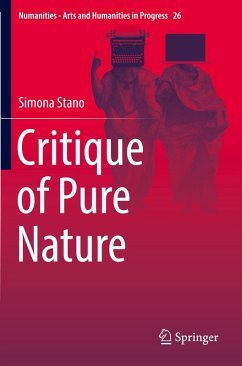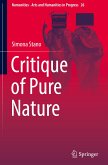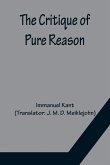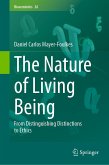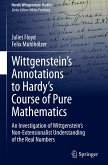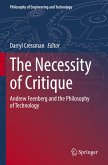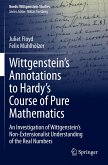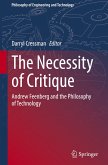This book challenges the Western contemporary "praise for Nature". From food to body practices, from ecological discourses to the Covid-19 pandemic, contemporary imaginaries abound with representations of an ideal "pure Nature", essentially defined according to a logic of denial of any artificial, modified, manipulated - in short, cultural - aspect.
How should we contextualise and understand such an opposition, especially in light of the rich semantic scope of the term "nature" and its variability over time? And how can we - if we actually can - envisage alternative models and approaches capable of better accounting for such richness and variability?
The author addresses these fundamental issues, combining an initial theoretical problematisation of the concept of nature and its evolution - from classical philosophy to the crucial changes occurred through the Middle Ages, the Renaissance, Romanticism and the modern era, finally considering recent insights in philosophy, sociology, cultural anthropology and semiotics - with the analysis of its discursivisation - from the iconography of Mother Nature between the past and the present to the representation of catastrophic events in fictional and non-fictional texts, from clean eating and other popular food trends to the ambivalence of the naked body between its supposed natural ascription and its multiple cultural characterisations. Thus she introduces a critique of pure Nature, providing a systematic study of the way nature is attributed meaning and value in some of today's most relevant discourses and practices, and finally tracing a possible path towards an "internatural turn".
How should we contextualise and understand such an opposition, especially in light of the rich semantic scope of the term "nature" and its variability over time? And how can we - if we actually can - envisage alternative models and approaches capable of better accounting for such richness and variability?
The author addresses these fundamental issues, combining an initial theoretical problematisation of the concept of nature and its evolution - from classical philosophy to the crucial changes occurred through the Middle Ages, the Renaissance, Romanticism and the modern era, finally considering recent insights in philosophy, sociology, cultural anthropology and semiotics - with the analysis of its discursivisation - from the iconography of Mother Nature between the past and the present to the representation of catastrophic events in fictional and non-fictional texts, from clean eating and other popular food trends to the ambivalence of the naked body between its supposed natural ascription and its multiple cultural characterisations. Thus she introduces a critique of pure Nature, providing a systematic study of the way nature is attributed meaning and value in some of today's most relevant discourses and practices, and finally tracing a possible path towards an "internatural turn".

